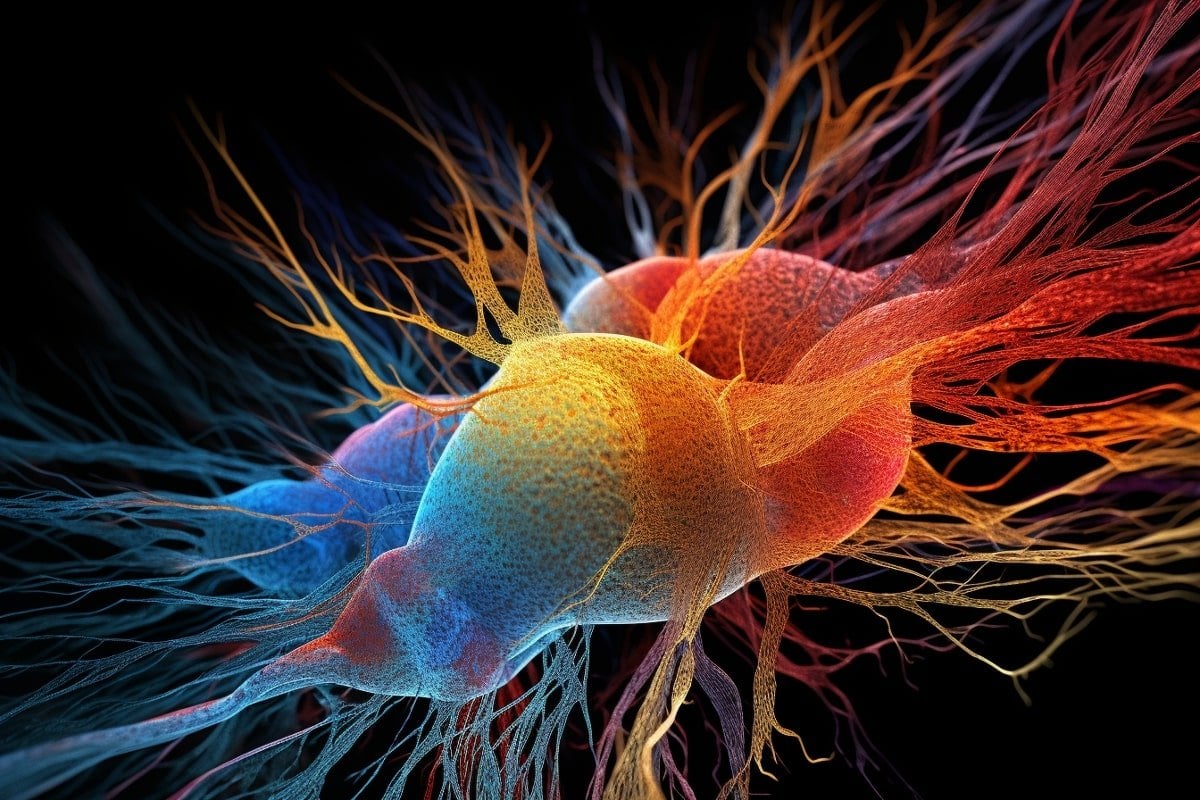Summary: This week in neuroscience has been nothing short of astounding. We’re here to recap the top Neuroscience News articles that made a splash.
If these escaped your radar, it’s the perfect time to plunge into the ocean of knowledge and uncover the most recent, groundbreaking strides that are shaping our grasp of the brain’s intricate workings.
Source: Neuroscience News
Welcome to our weekly roundup of the five most captivating articles in neuroscience.
In this edition, we explore breakthroughs ranging from machine learning aiding early detection of Alzheimer’s to promising developments in treating Autism Spectrum Disorders. We also delve into the mystery of consciousness, innovative approaches to combat rising cocaine use, and potentially damaging pesticide links to Parkinson’s disease.
Each story serves as a testament to the relentless pursuit of understanding our brain, promising to ignite your curiosity and fuel your interest in neuroscience.
Number 5: Smartphone AI as a Novel Tool for Early Alzheimer’s Detection
Scientists are paving the way for early Alzheimer’s detection by developing an AI-based model.
This tool, which could be accessed via smartphones, discerns Alzheimer’s patients from healthy individuals with an accuracy of 70-75% by focusing on speech patterns.
It offers a new dimension to telehealth services and could initiate timely treatments and slow disease progression.
Number 4: Unveiling a Potential Treatment for a Major Cause of Autism
A promising treatment for Fragile X Syndrome (FXS), a prevalent cause of autism spectrum disorders, has been identified.
The treatment involves reducing the CGG trinucleotide repeat in the FMR1 gene, which restores crucial protein expression for brain development.
The research marks a significant step towards a potential singular treatment for FXS.
Number 3: Unlocking the Mind: The Neuroscience Behind Our Conscious Reality
Neuroscience is shedding light on the fascinating enigma of consciousness, from wakefulness to higher cognitive perceptions.
The emergence of technologies like fMRI and EEG is enabling us to unearth neural correlates of consciousness.
However, understanding how neuronal activity gives rise to subjective experiences remains a daunting challenge.
Number 2: Beyond Addiction: Study Targets Rising Cocaine Use Disorder
As cocaine use and associated fatalities surge in the U.S, researchers are launching a counter-offensive centered on the theory of reinforcer pathology.
The approach incentivizes treatment goals, thereby decreasing the allure of the drug.
This research could guide the development of revolutionary interventions to reduce cocaine use and enhance public health.
Number 1: Identifying Pesticide Culprits in Parkinson’s Disease
A comprehensive study has identified ten pesticides that significantly harm neurons associated with Parkinson’s disease.
Leveraging California’s extensive pesticide use database and novel testing methods, researchers found that certain pesticide combinations used in cotton farming were especially harmful.
This research illuminates potential environmental triggers of Parkinson’s disease.
This wraps up our top neuroscience headlines for the week. For your regular dose of the newest discoveries in neuroscience, AI, and cognitive sciences, make sure to keep checking in with Neuroscience News.
About this Neuroscience Research news
Author: Neuroscience News Communications
Source: Neuroscience News
Contact: Neuroscience News Communications – Neuroscience News
Image: The image is credited to Neuroscience News








